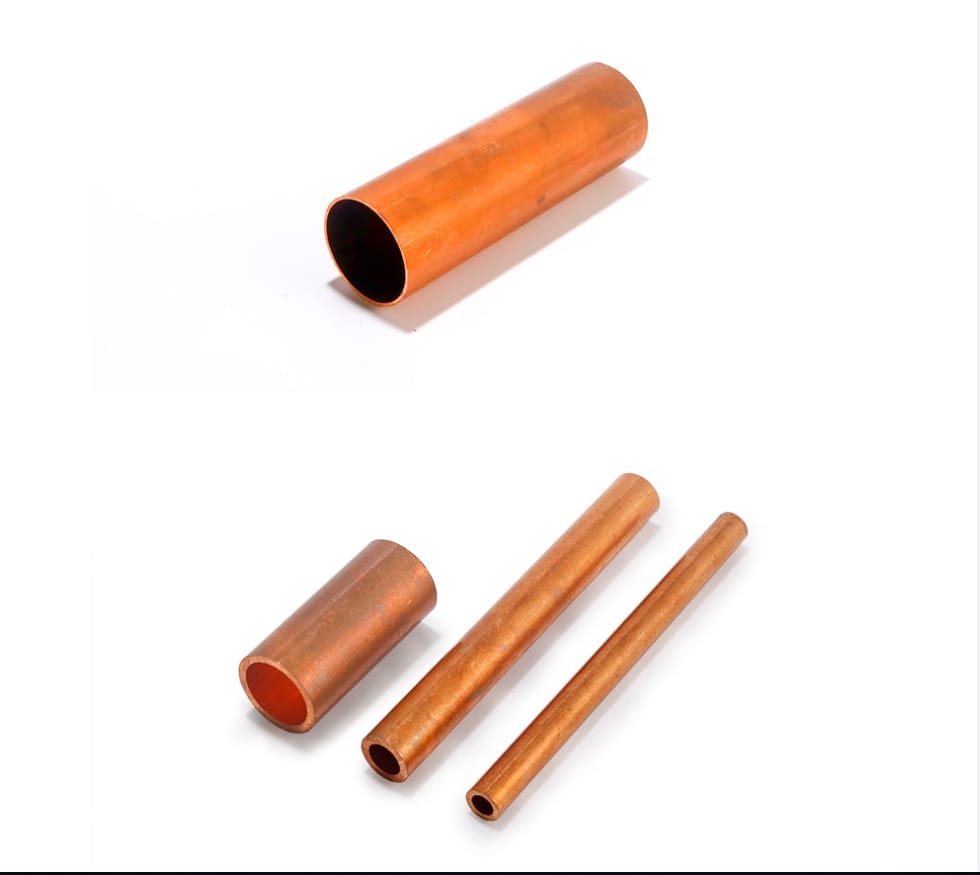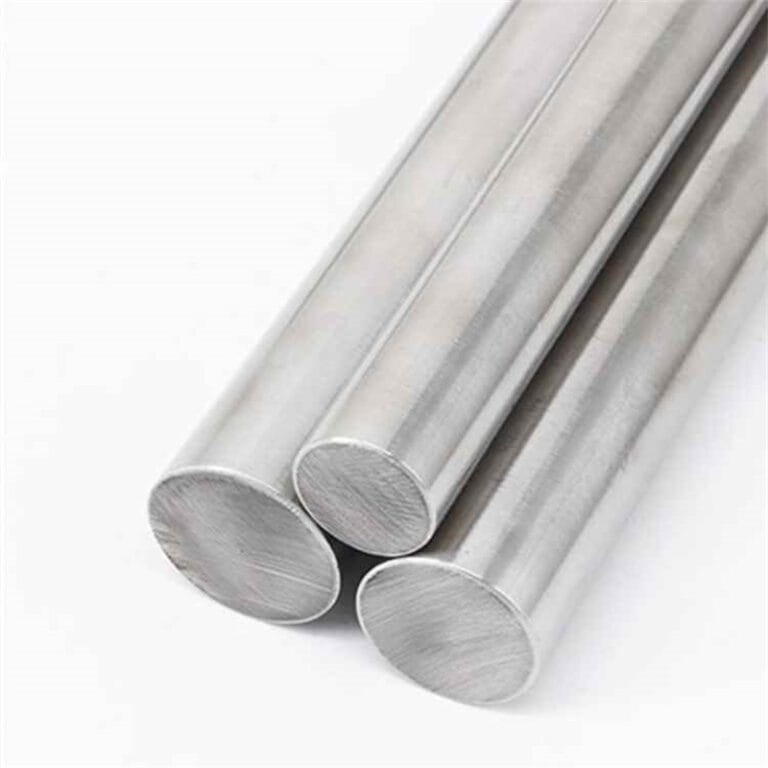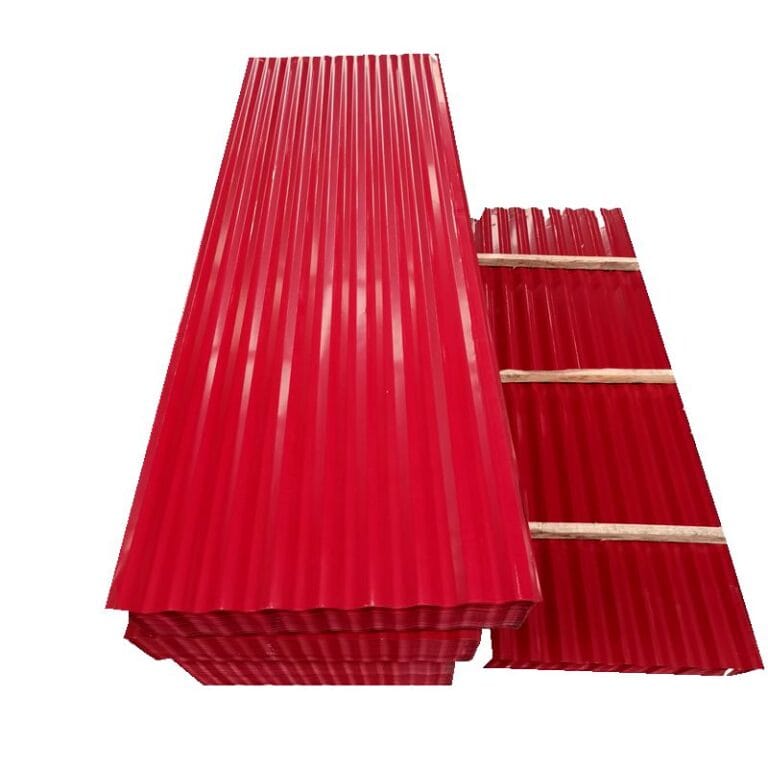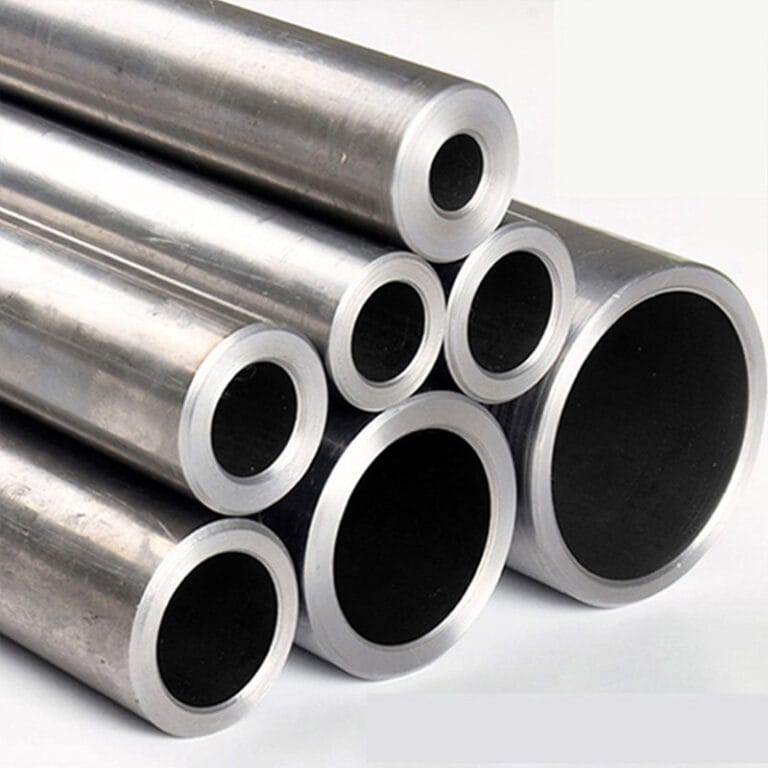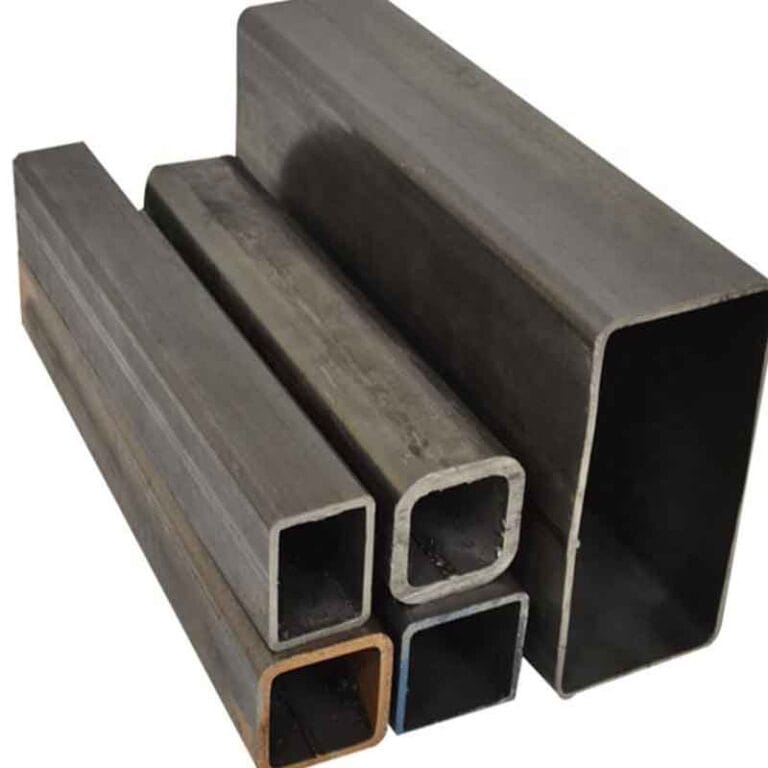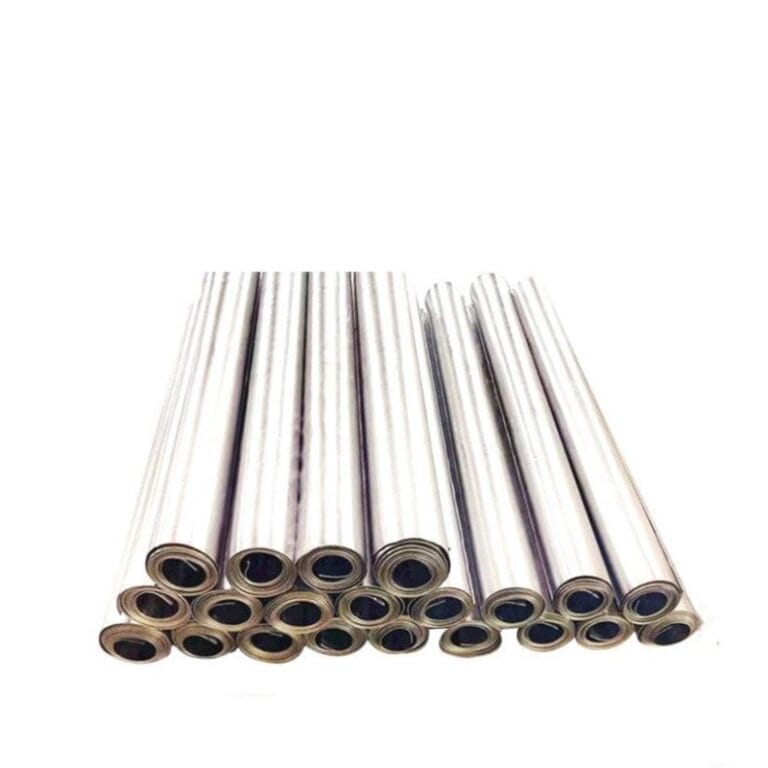Cooper Tube
Copper tube is a tubular material made of copper, which is widely used in many fields. The following is a detailed introduction to copper tube:
Material properties
Thermal conductivity: Copper has excellent thermal conductivity and is often used in heat exchangers and refrigeration equipment.
Corrosion resistance: Copper tubes are corrosion-resistant, especially in water and air.
Ductility: Copper is easy to process and can be made into tubes of various shapes and sizes.
Antibacterial properties: Copper has natural antibacterial properties and is suitable for drinking water systems.
Common types
Hard copper tube: High strength, suitable for occasions requiring high strength, such as building structures.
Soft copper tube: Good flexibility, easy to bend, often used in refrigeration and air conditioning systems.
Application areas
Architecture: Used in water supply, heating and gas systems.
Refrigeration and air conditioning: As refrigerant pipes.
Electricity: Used in electrical wiring and grounding systems.
Industry: Used in heat exchangers, condensers and other equipment.
Advantages
Durability: Long service life.
Reliability: Stable performance, not easy to leak.
Environmental protection: Recyclable.
Disadvantages
Cost: The price is relatively high.
Weight: It is heavy, which increases the difficulty of transportation and installation.
Installation and maintenance
Installation: Professional tools and techniques are required. Common connection methods include welding, crimping and threaded connection.
Maintenance: Regular inspection to prevent corrosion and blockage.
Market and price
Market: Stable demand, especially in the construction and refrigeration industries.
Price: Affected by the fluctuation of copper prices, it is necessary to pay attention to market dynamics.
Copper pipes have become the preferred material in many industries due to their excellent performance and wide application. Despite the high cost, their durability and reliability make them economical in long-term use.

